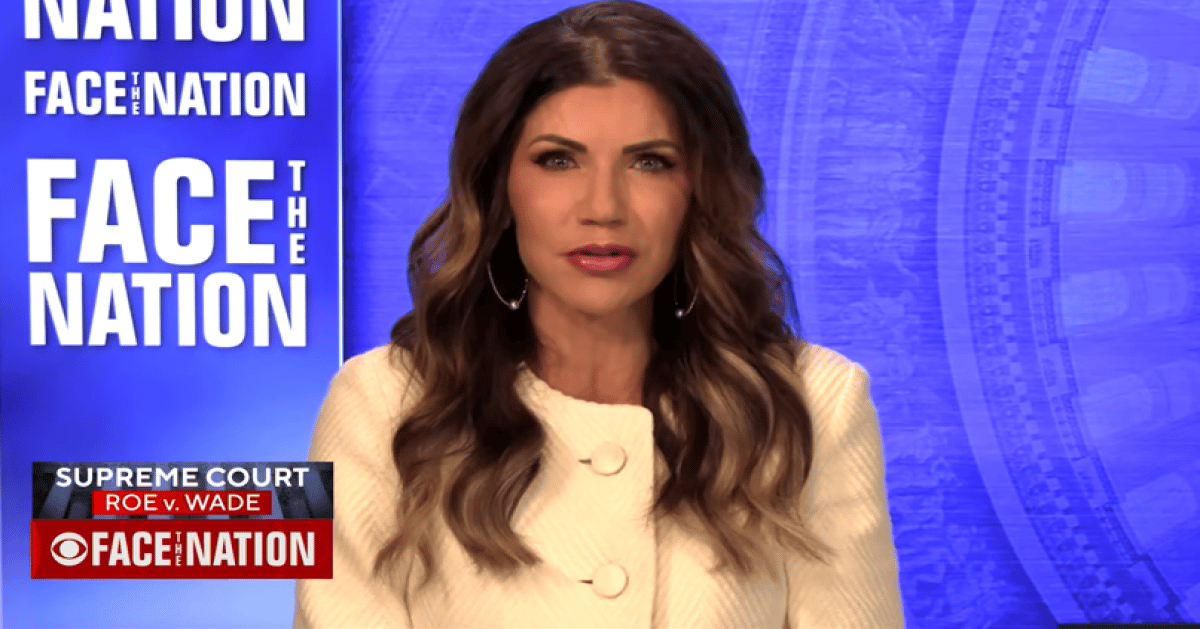





The Department of Justice is finally cracking open the Jeffrey Epstein files, set to deliver a trove of sensitive documents to the House Oversight Committee on Friday.
Fox News reported that in a rare bipartisan move, the committee voted last month to subpoena the DOJ, demanding all records tied to Epstein, Ghislaine Maxwell, and their sordid web of human trafficking and sexual abuse allegations.
This follows years of public outcry for transparency in a case that’s been a lightning rod for distrust in the system. The Trump administration, to its credit, appears to be cooperating, though the process is predictably slow.
Committee Chair James Comer, R-Ky., confirmed Thursday that the DOJ is expected to start handing over documents on Friday, after an earlier deadline was pushed back to accommodate the administration.
“It’s just a matter of getting it together and reviewing it,” Comer said, suggesting the DOJ is scrambling to meet the demand. But let’s be real: government efficiency is an oxymoron, and redactions for victim privacy will likely drag this out.
The subpoena, backed by both parties, targets everything from Epstein’s 2007 non-prosecution deal in Florida to Maxwell’s prosecution and Epstein’s jailhouse death, officially ruled a suicide.
Comer’s team is bracing for “hundreds and hundreds of pages” of records. That’s a lot of paper to sift through, and one wonders if the juiciest bits will conveniently get “lost” in the shuffle.
“We’ll work as quickly as we can…this is sensitive information,” Comer told Fox News Digital when pressed on a timeline for public release. His caution is warranted—nobody wants victims re-traumatized—but the public’s patience is wearing thin. The longer this drags, the more it fuels suspicions of a cover-up.
“We want to make sure we don’t do anything to harm or jeopardize any victims that were involved,” Comer added, emphasizing transparency while protecting identities.
It’s a noble sentiment, but the government’s track record on balancing openness with discretion isn’t exactly inspiring. Still, Comer’s insistence on doing right by victims is a step toward restoring some faith.
Comer noted on Tuesday that the DOJ holds a mountain of records, and redacting victim names and explicit material will take time. “There are many records in DOJ’s custody,” he said, hinting at the bureaucratic slog ahead. If history’s any guide, “exhaustive review” often means “we’ll get to it when we feel like it.”
The DOJ’s past declaration that Epstein’s case is closed—no “client list,” no blackmail of prominent figures—hasn’t quelled public skepticism.
Their insistence on his suicide ruling feels like a convenient way to tie a bow on a messy scandal. Transparency now could either validate their claims or blow the lid off years of speculation.
President Trump’s DOJ has taken heat from some Republicans for not moving faster, sparking intra-party squabbles over whether the administration is dragging its feet or genuinely prioritizing victim privacy. Comer, however, praised the administration’s efforts, saying, “I appreciate the Trump administration’s commitment to transparency.” That’s a polite nod, but the real test is whether the documents see daylight without heavy redactions.
Democrats, meanwhile, are catching flak for their late-to-the-party interest in Epstein’s case. Rep. Jasmine Crockett, D-Texas, admitted, “This wasn’t a promise that we made.” Her candor reveals a stark truth: Democrats didn’t campaign on digging into Epstein’s dirt, focusing instead on economic issues like housing and food costs.
Crockett doubled down, saying, “I can tell you that Democrats…were trying to do everything that we could to prevent our economy from being where it is right now.”
It’s a fair point—voters prioritize pocketbook issues—but it doesn’t excuse years of silence on a case screaming for accountability. Some Republicans smell hypocrisy, and they’re not entirely wrong.
The bipartisan subpoena shows both sides can agree on something, even if their motives differ. Republicans have pushed harder on Epstein, sensing a chance to expose elite corruption, while Democrats seem to be playing catch-up to avoid looking complicit. It’s a rare moment of unity, but don’t expect it to last.
Once the committee gets its hands on the files, Comer says they’ll review them before deciding what goes public. The process could take weeks, if not months, given the volume and sensitivity of the material. The public deserves answers, but don’t hold your breath for a swift reveal.
The Epstein saga has long been a symbol of institutional failure, from his sweetheart deal in 2007 to his mysterious death in 2019. These documents could shed light on who knew what and when—or they could just deepen the mistrust if they’re heavily censored. Either way, the truth matters more than political point-scoring.



